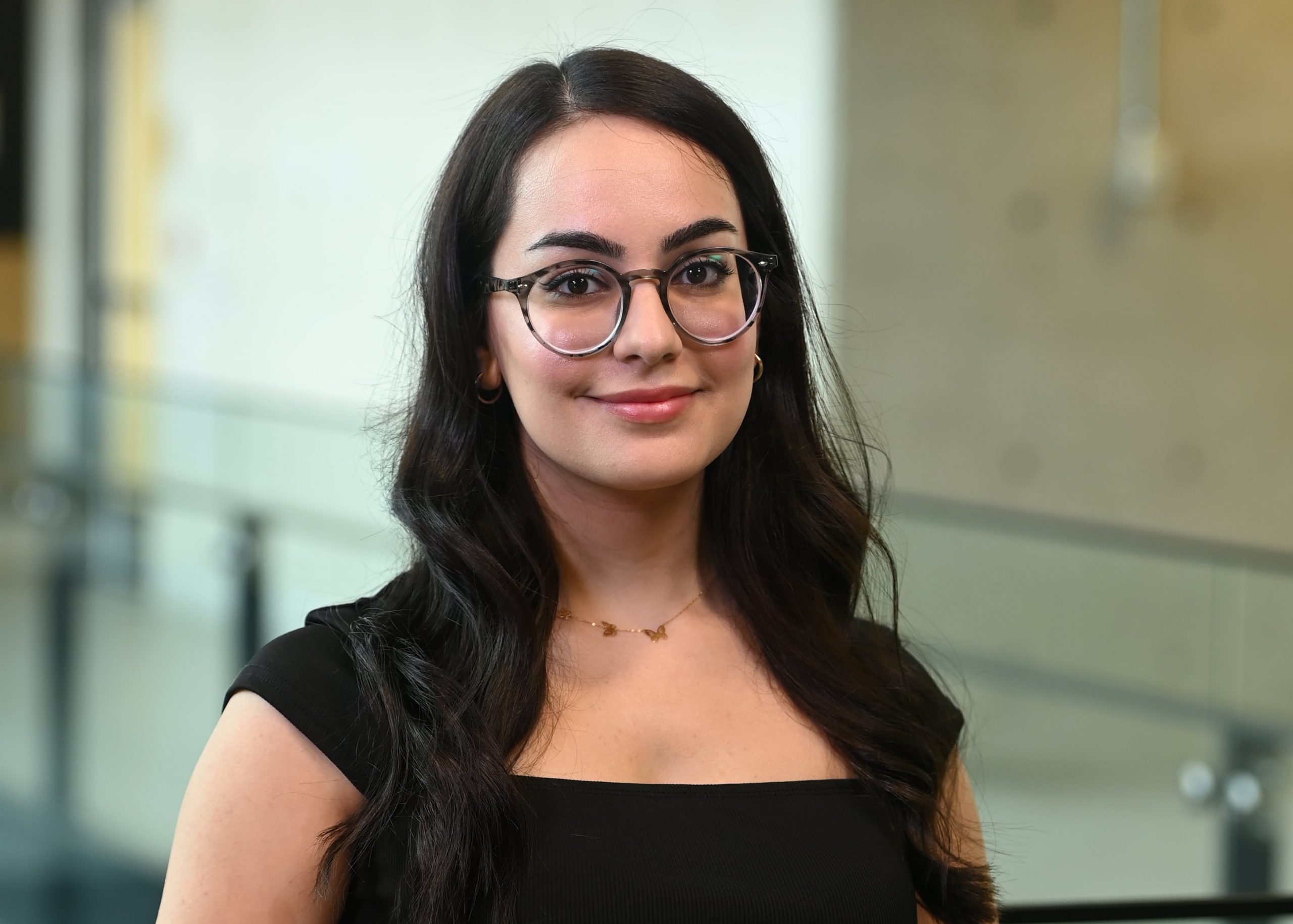
The concept of ableism is relatively new in the world of understanding and supporting individuals with disabilities – extending to anyone who identifies as having behavioural or emotional, sensory, physical and/or developmental impairments. Over the past five decades, momentous strides for inclusive language have transformed offensive and singular terms used to describe individuals who experience disability, removing aggressive and insulting terms such as “handicapped,” “cripple,” and “retarded,” and with this removal, introduced the concept that language equals power. The way we speak about and towards other people, can add or remove power.
As a differently-abled woman in academia, I have experienced first-hand how words and phrases can impact the power and respect I am given, and the way my pride and acceptance can be torn down when my power is removed. A simple label can destroy the human dignity and the respect of people with disabilities, and the naivety of society can often brush off these labels as an accidental faux pas. I am hearing impaired, wearing double hearing aids to be able to understand the clarity being spoken. I am not deaf (total loss of hearing), and one of the statements I hear constantly when someone asks me to repeat myself is, “ugh, sorry! I am deaf today!” As a non-confrontational person, I usually smile and laugh off the comment. However, this phrase is extremely disrespectful and hurtful to the hearing-impaired community. You are not deaf, you simply misheard me. This small comment completely diminishes the struggles faced by the hearing-impaired community and encourages the idea that anyone can use the term as a dismissive means, with little regard for individuals who live with that impairment. One small comment can remove the power I held about my own disability. This is a prime example of ablism.
Our world is inherently ablest, as it was not built to cater to people with disabilities. Although government mandates now promote accessibility and inclusivity for shared professional spaces, ablism will continue to exist as a smaller portion of the total population experiences some form of a disability or impairment. And this is okay! What we do not have to accept is the way in which we interact with one another where we overtly ignore education on changing acceptable terms or continue to remove power through offensive language and misguided or outdated beliefs. Just because someone is differently abled, does not mean they deserve less respect. We need to remember that language equals power, and every day we can continue to “dis” mantle negative terms concerning “dis” ability.
In my upcoming posts I will dive into my own research on the study of children and youth who experience disabilities in high school.
Photo by Nothing Ahead via Pexels










